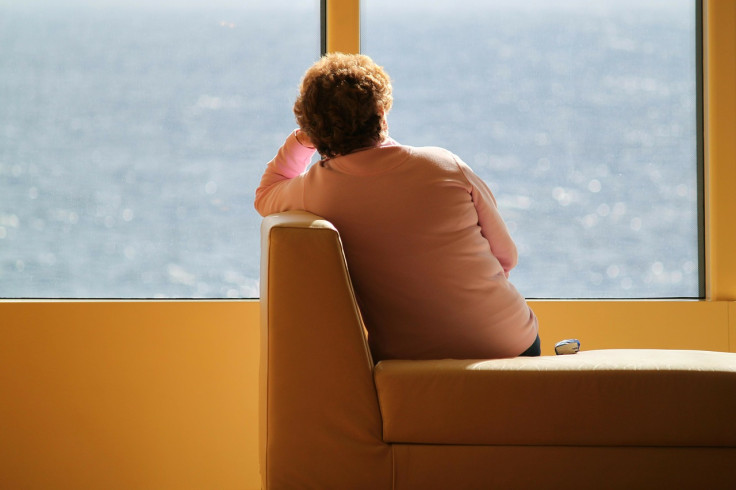How social isolation could lead to high blood pressure in women
Among women, married, widowded, socially inactive, and those living by themselves, widowed women posed the highest risk of suffering from hypertension.
The pandemic has greatly impacted the social lives of many people. With social distancing and social isolation becoming a part of the deemed "new normal," many people feel more alone. Now, recent research has shown that these social restrictions do not only affect mental health but could even lead to physical ailments. Women were shown to be at a higher risk of developing high blood pressure due to social isolation.
In a study published in the Journal of Hypertension, the researchers found that women who are in middle age or older, are more likely to develop hypertension when they lack social interaction as compared to men. It has long been established that high blood pressure puts more people at risk for heart disease and stroke.
The researchers looked at 28,238 adults from the data of the Canadian Longitudinal Study on Aging. The participants were between 45 to 85 years of age. The researchers found that women who did not have a partner and who had less than three social engagements in a month were more likely to suffer from hypertension. Those who had a smaller social network also showed a higher risk of developing the condition. Researchers considered having fewer than 85 contacts as a "small social network."
The researchers found a huge gap between the blood pressure of widowed women and married ones. Women who were living alone and were not so active when it comes to socialisation with others, also showed an average systolic blood pressure. Among widowed women, married, socially inactive and those living by themselves, posed the highest risk of suffering from hypertension.
Annalijin Conklin, the principal investigator and an assistant professor at the University of British Columbia, said that among older adults, social isolation is a risk factor for mortality. She put social isolation at par with smoking. Although it is not yet ascertained how men and women are affected when they are socially-isolated, what is known is that they are more likely than men to become hypertensive whenever they are socially isolated in middle age or older.
"Among women, the increase in blood pressure that was associated with the lack of social ties was similar to that seen with non-steroidal anti-inflammatory use, increased sodium diets pollution or weight gain," said Conklin. "This represents a significant women-specific risk factor for heart disease or stroke."
© Copyright IBTimes 2025. All rights reserved.






















